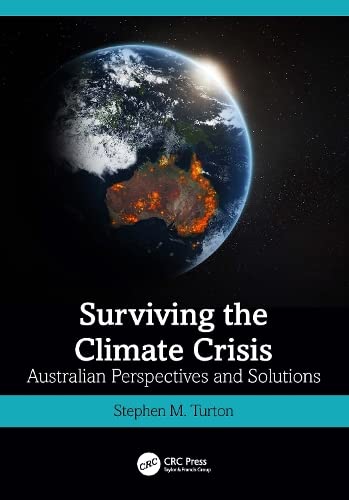

Most ebook files are in PDF format, so you can easily read them using various software such as Foxit Reader or directly on the Google Chrome browser.
Some ebook files are released by publishers in other formats such as .awz, .mobi, .epub, .fb2, etc. You may need to install specific software to read these formats on mobile/PC, such as Calibre.
Please read the tutorial at this link: https://ebookbell.com/faq
We offer FREE conversion to the popular formats you request; however, this may take some time. Therefore, right after payment, please email us, and we will try to provide the service as quickly as possible.
For some exceptional file formats or broken links (if any), please refrain from opening any disputes. Instead, email us first, and we will try to assist within a maximum of 6 hours.
EbookBell Team

0.0
0 reviewsThis is the first textbook to adopt an integrated perspective of climate change in Australia, drawing on research from the latest Intergovernmental Panel on Climate Change (2021, 2022) Sixth Assessment Reports to make it the most up-to-date resource available. It fills a knowledge gap in an ever-increasing hot topic for the country, its people, economy and environment.
Australia has been identified by a number of respected sources as a ‘climate change hotspot’, with all major sectors of the economy considered vulnerable or highly vulnerable to the anticipated adverse impacts of climate change. The chief industry sectors examined in this book include energy, transportation, manufacturing, agriculture, fisheries, forestry, tourism and mining. Other chapters focus on other key thematic areas, such as protected areas and world heritage sites (including their natural and cultural values), coastal and island environments, biosecurity, biodiversity and ecosystem services, human health, water resources, cities and settlements, rural and regional areas, and Indigenous communities.
Ideal for advanced undergraduate and graduate students with limited science backgrounds, this book will inform those undertaking business, management, sustainability, education, environmental, development or heritage studies and other social science programs.